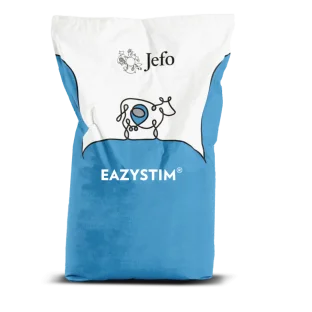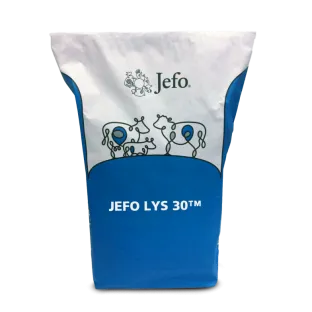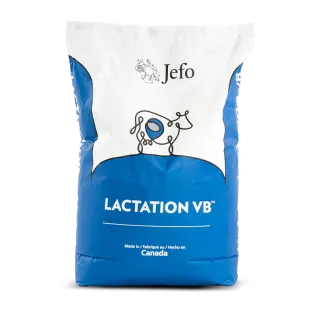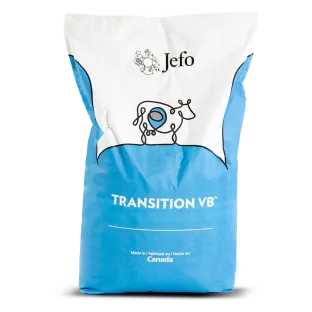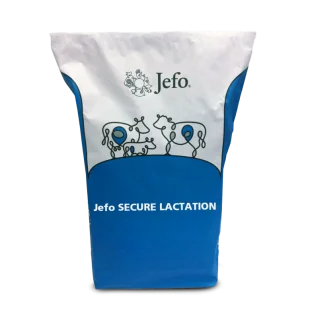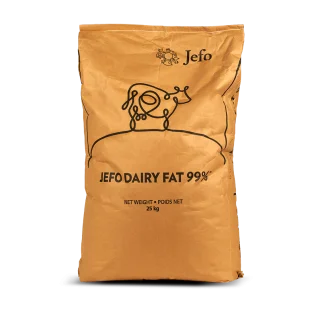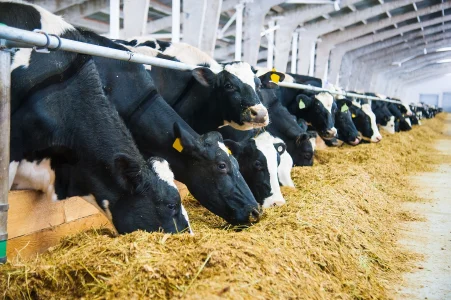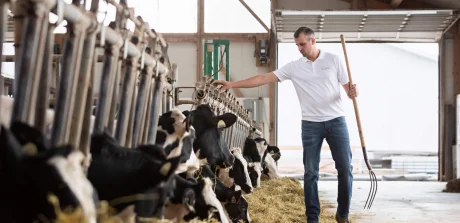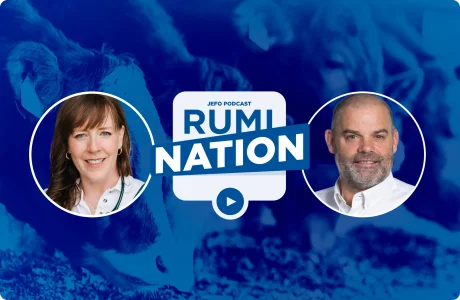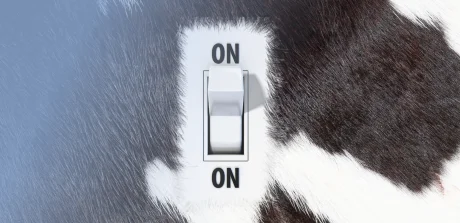- Article
- Dairy
- Management
- Stress
Unlocking the Secrets of Stress: Mastering Stress Management in Dairy Cows
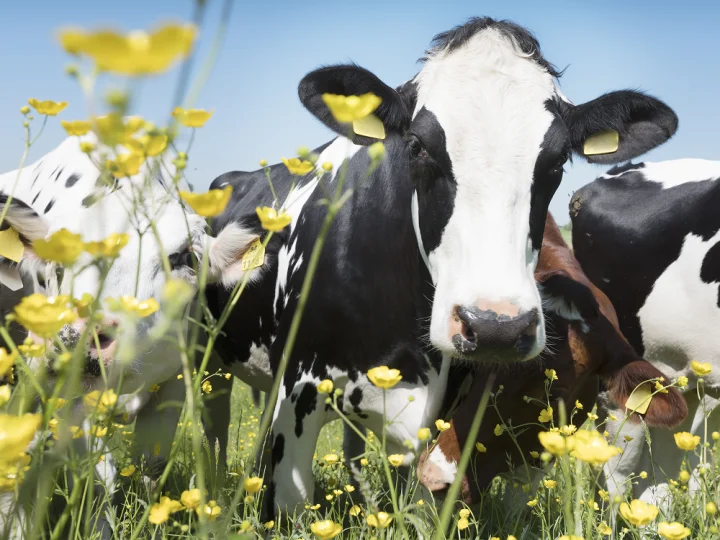
Tame the stress beast: key strategies for healthier cows
Ever felt the weight of the world on your shoulders, with each little stressor stacking up until you’re overwhelmed? You're not alone. Just like humans, cows experience stress too, and it can have a ripple effect on their health and productivity.
Understanding stress in dairy cows
Stress isn't just a buzzword it's a complex phenomenon. While we often fixate on a few common stressors, dairy cows can be subjected to over 30 different stress factors. Let's zoom in on the five major areas of concern and explore ways to manage them effectively.
The five pillars of cow stress
Environmental factors: temperature extremes, humidity, and poor ventilation can wreak havoc on cows. Ensure their living conditions are optimal to reduce stress.
Nutritional needs: inadequate or imbalanced diets can lead to nutritional stress. Focus on quality feed and tailored nutrition plans to maintain cow health.
Social dynamics: cows thrive in stable social groups. Changes in herd dynamics can be stressful, so manage herd introductions carefully.
Health challenges: illness and injury are significant stressors. Regular health checks and prompt medical attention are crucial.
Milking routines: over-milking or inconsistent milking schedules can stress cows. Aim for a consistent, gentle routine to keep them comfortable.
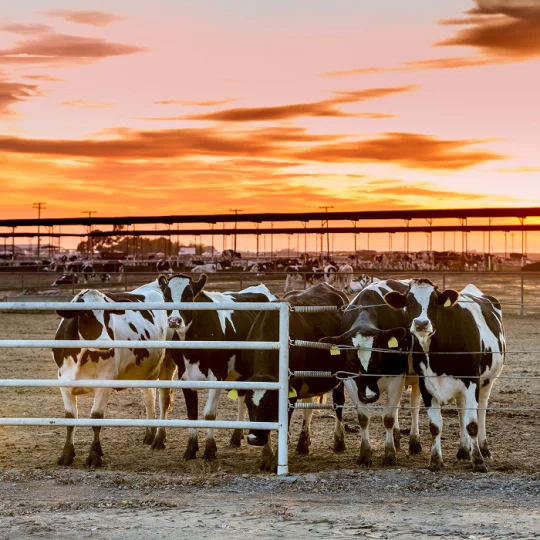
Building a stress-resilient herd
Tackling cow stress isn't just about addressing individual stressors. It's about creating a holistic approach that considers the complex interplay of factors affecting cow well-being. Here’s how:
1. Conduct stress audits: regularly evaluate your cows' environment, diet, and routines. Identify potential stressors before they escalate.
2. Invest in quality nutrition: use high-quality, balanced feeds and supplements like those offered by Jefo to meet your herd's specific needs.
3. Enhance comfort and care: prioritize proper shelter, ventilation, and bedding to minimize environmental stress.
4. Foster social stability: manage herd dynamics to support strong, stable social bonds among your cows.
5. Monitor and adapt: keep tabs on the latest research and advancements in stress management. Adapt your practices to ensure your herd continues to thrive.
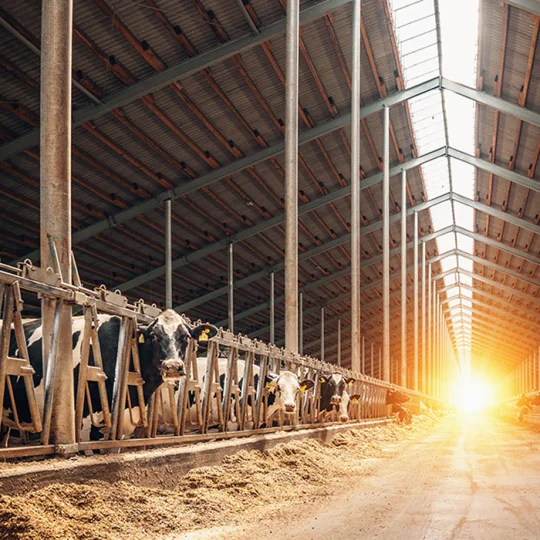
Conclusion
Stress management is crucial not just for human well-being but for our dairy cows too. By understanding and mitigating these major stress areas, we can unlock healthier, more productive herds. Let's take the stress out of dairy farming, one strategy at a time.

